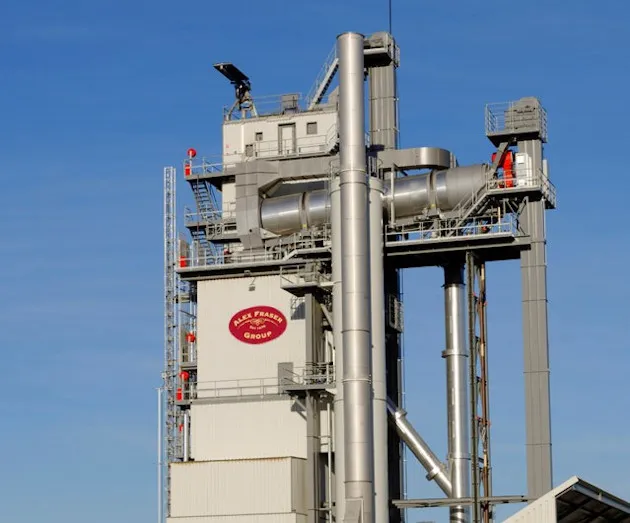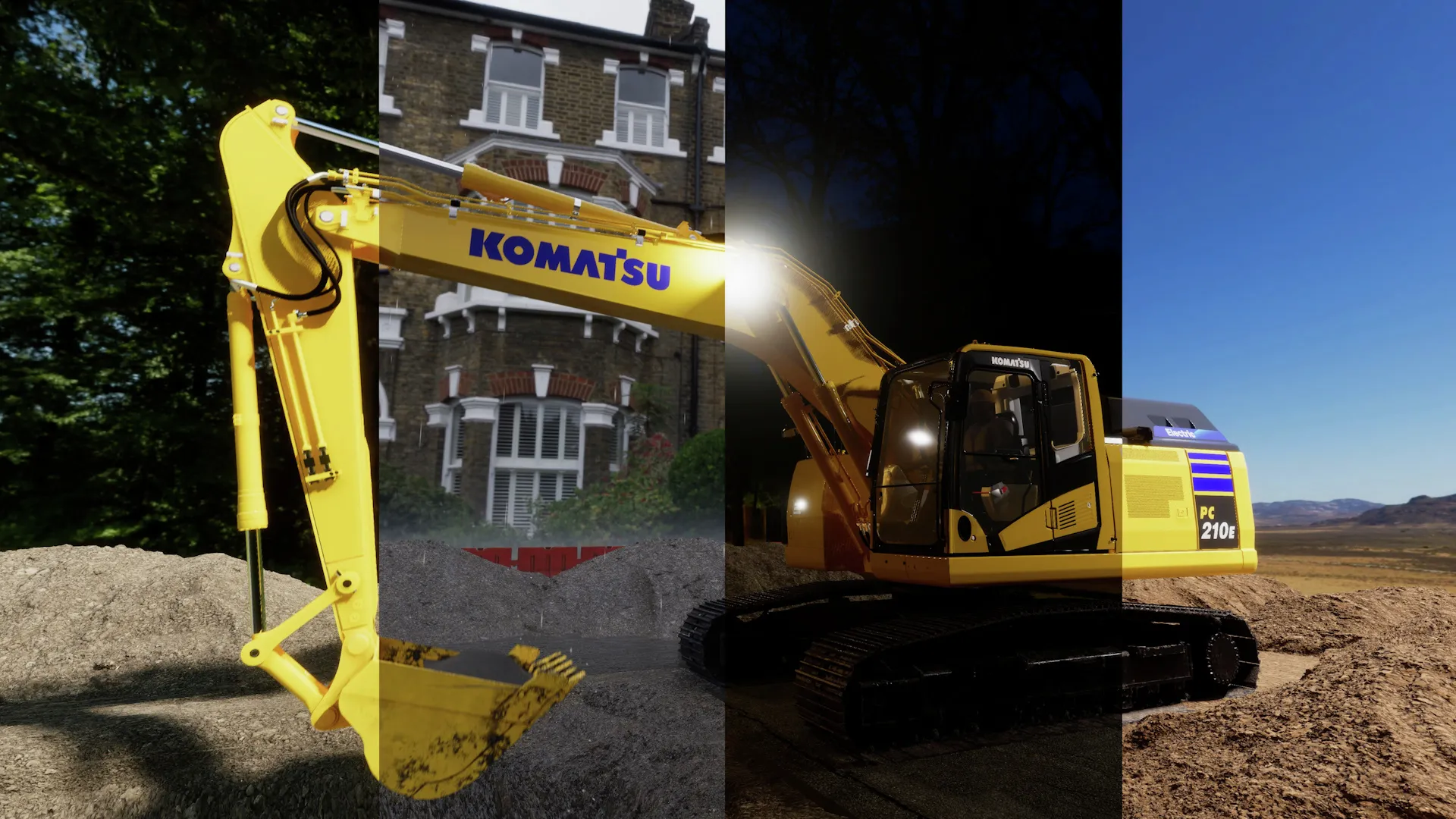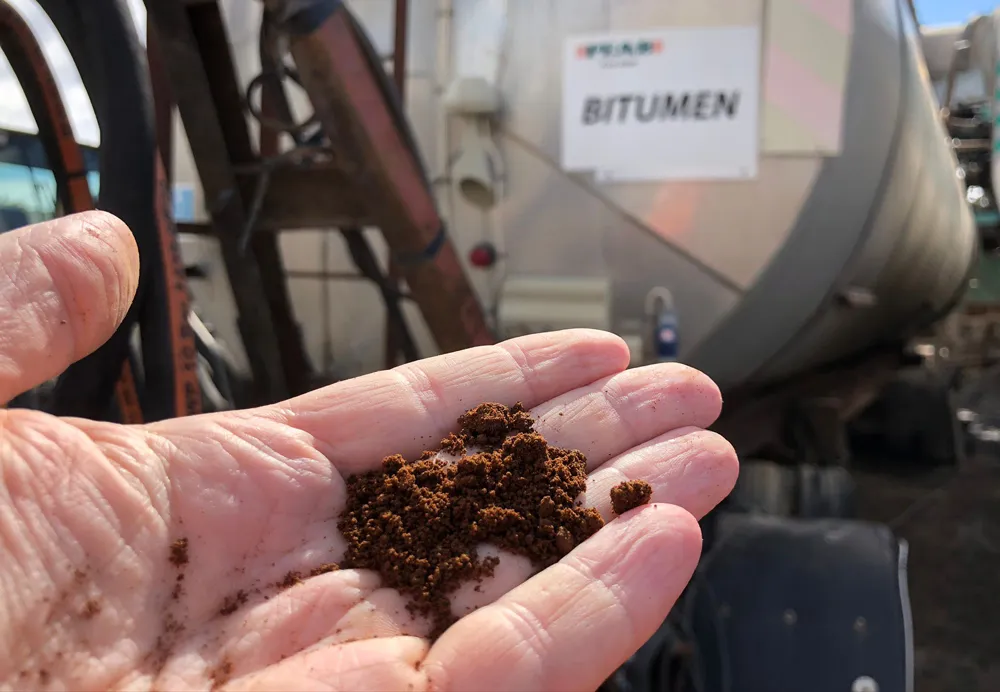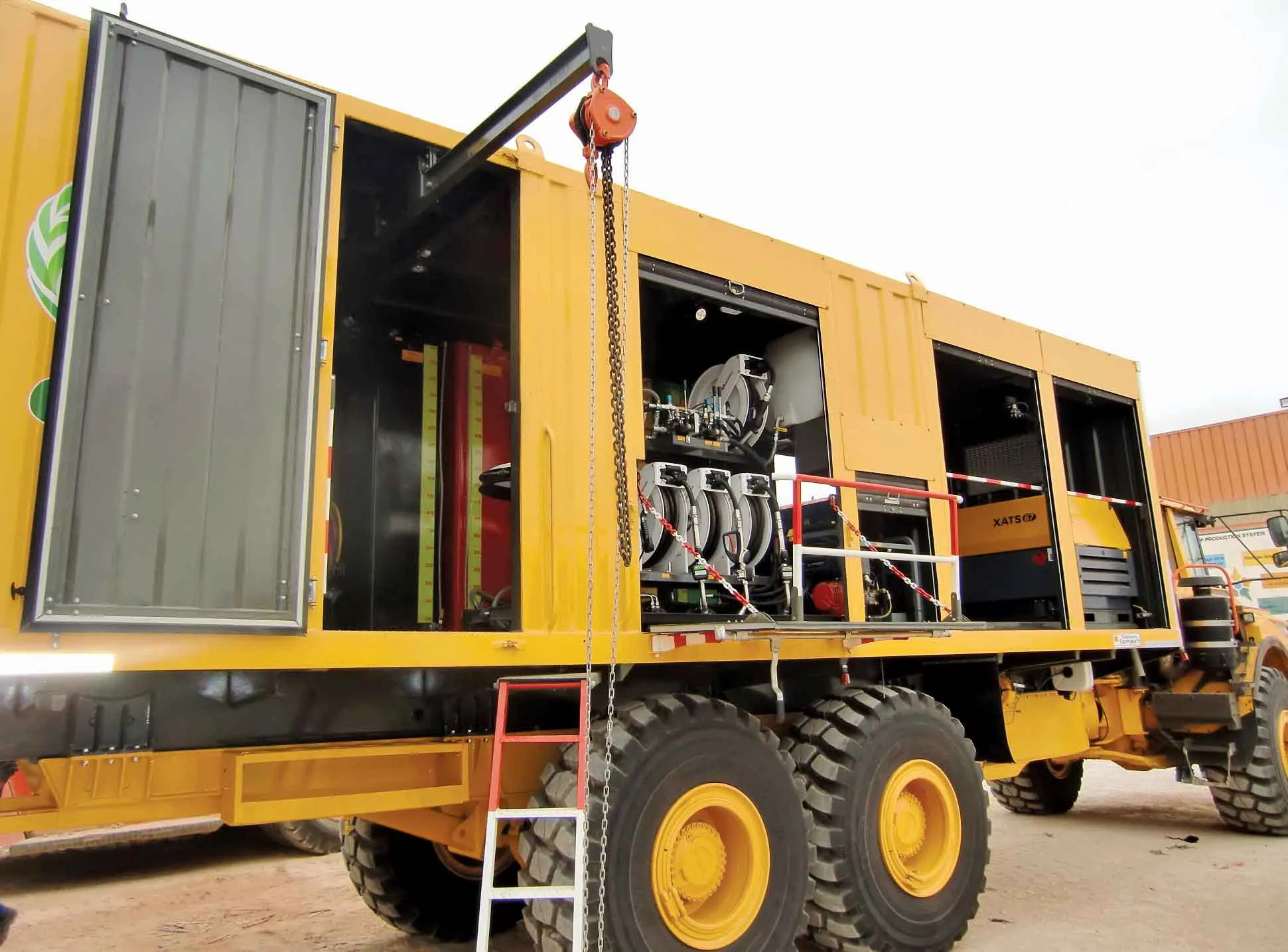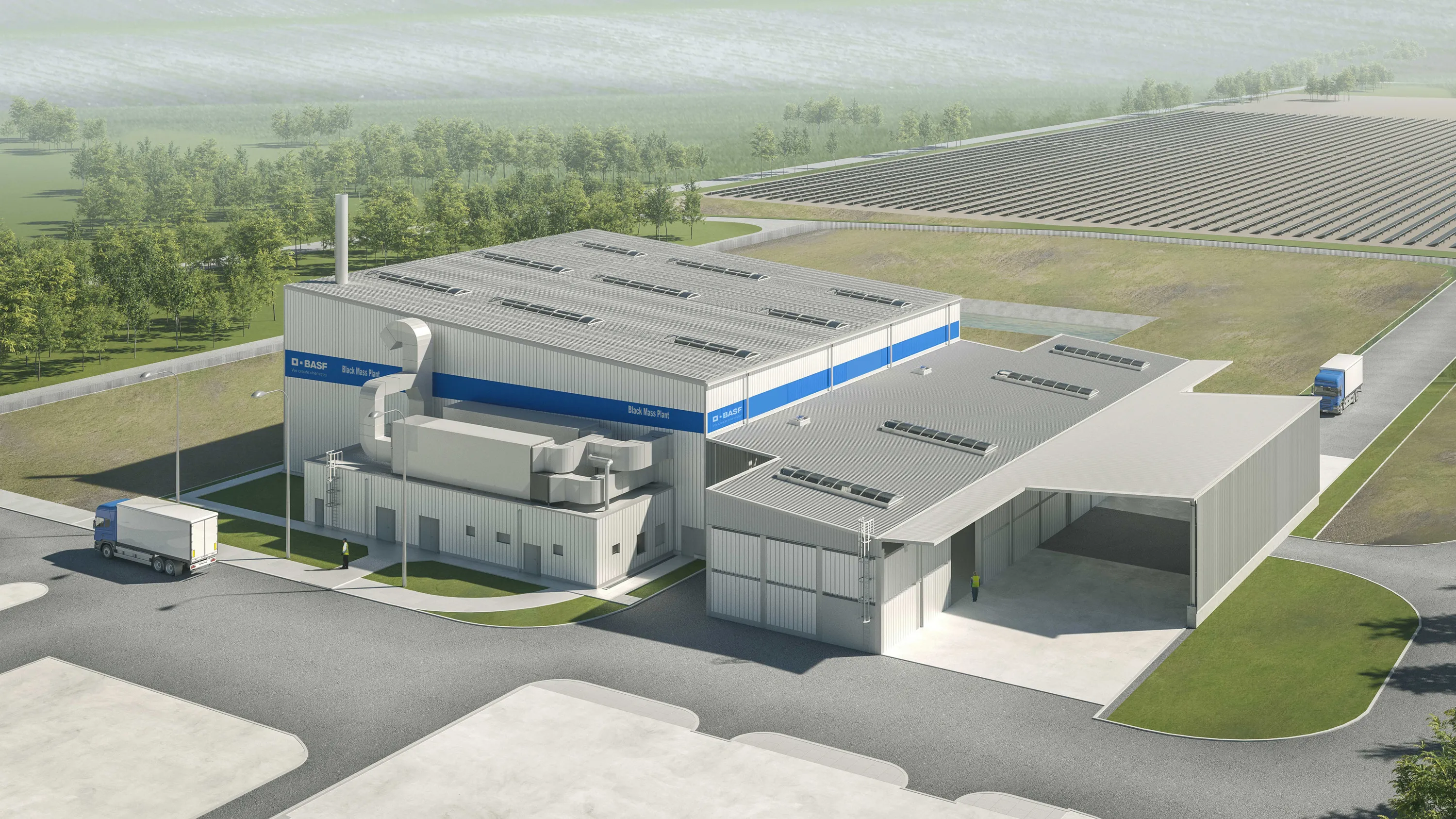
BHS-Sonthofen, a specialist in machine and plant engineering, is supplying BASF with a plant for the mechanical reprocessing of lithium-ion batteries into black mass.
In June 2023, BASF opened in Schwarzheide, Brandenburg, what it says is Europe's first co-located centre for battery material production and battery recycling. A significant component is the plant supplied by BHS for the mechanical processing of lithium-ion batteries. This plant is seen as an important step towards closing the loop for the European battery value chain and raw material supply, ultimately reducing the CO₂ footprint.
The BHS-Sonthofen machinery and systems will start full-scall operation next year and have an annual processing capacity of 15,000 tonnes of spent lithium-ion batteries and scrap from battery production. The black mass produced by shredding the batteries contains valuable metals such as nickel, cobalt and lithium, which undergo chemical extraction in a subsequent processing step at BASF. These metals are then used in the production of new battery materials.
The Recycling Technology division of BHS-Sonthofen - an owner-operated group of companies - offers process solutions as well as a range of machine technology with modern control solutions for the recycling and waste disposal industries.
This marks the third large-scale plant for BHS, with the first one having operated successfully for over a year. “In the period of just over two years, we have successfully implemented two large-scale plants in Europe in addition to two pilot plants in the field of battery recycling,” said Daniel Zeiler, vice president in the Recycling Technology Business Unit at BHS-Sonthofen. “With the third large-scale project, we are now reaching a high degree of maturity of a still very young, novel recycling process.”


